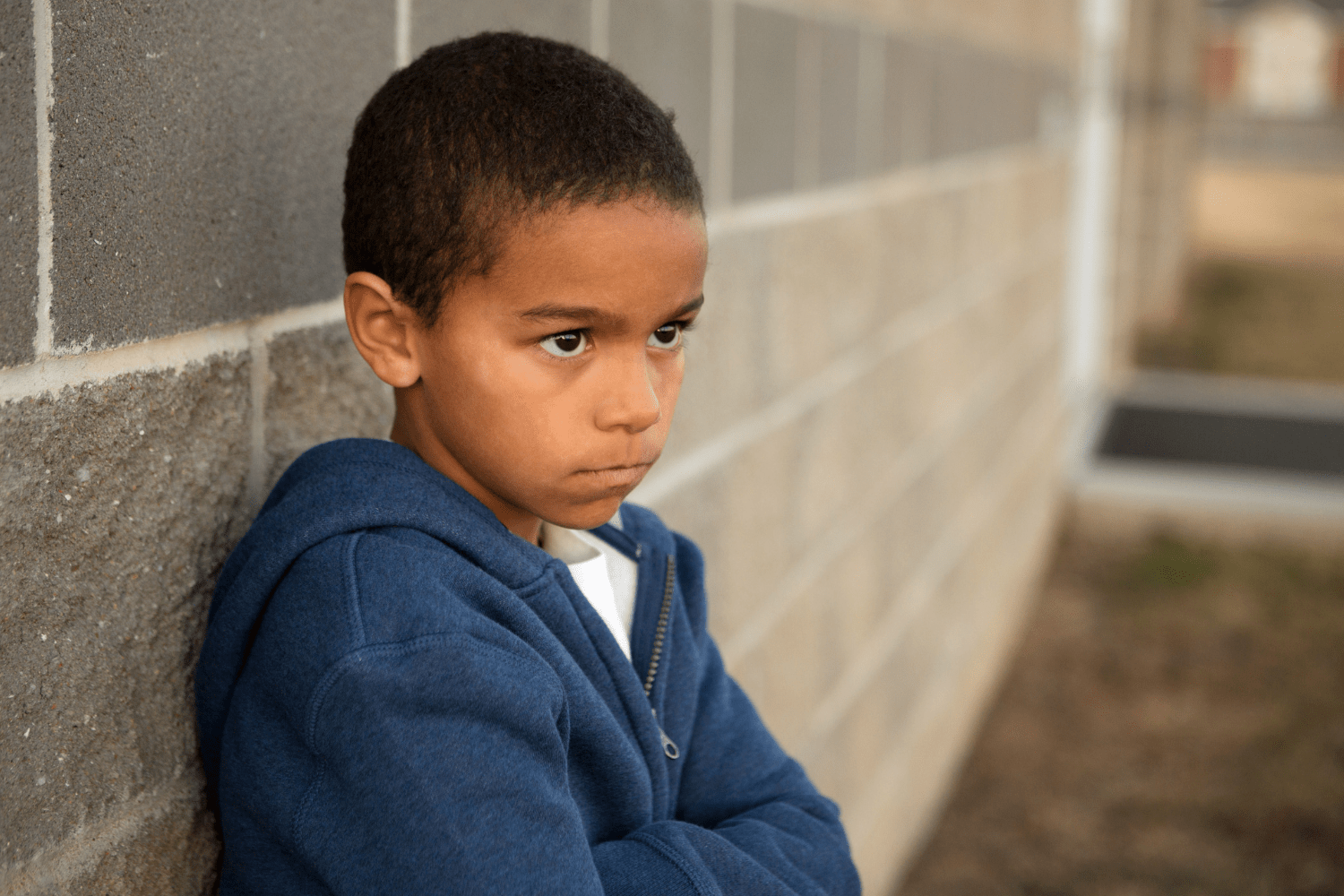Knife crime prevention: Parent information

As instances of knife crime have risen in the last few years, this can be a worrying time for parents and carers.
Crime Survey England and Wales identified in March 2019 that 6.5% of 10-15 year olds reported knowing someone who carries a knife. In the first 3 months of 2020, 987 knife related offences with 10-17 year olds were recorded in England and Wales.
It’s important to know what to look out for if you are concerned about your child being involved in any form of knife crime.
What to look out for
Whilst it is important to allow our children freedom and to trust them as they grow from children to young people, it is also important to look out for any signs or language that may be a concern.
Young people have access to many different social media platforms, so it’s a good idea to have an understanding of the sites your child is using and the way they are using them. Download this guide to help you understand how social media is being used by young people.
Children and young people may use language specific to their peers, such as slang words, abbreviations and acronyms, and this may not always be easy to understand. This can be frustrating for parents, but not unusual.
Terminology that may be used to describe a knife
- Blade
- Chef
- Cutter
- Dagger
- Edge
- Shank
- Shiv/Chiv
- Sickle
- Steel
- Stabotage
Please remember, this list is not exhaustive and there may be other terms, but being aware of the terms will help as you may either hear this in conversation or across online media platforms.
Changes in behaviour
A change in behaviour can be a sign something isn’t right, here are some things to look out for:
- Mood changes, becoming defensive, angry, violent or silent
- Protective over their possessions and bags or secretive behaviour
- A change in attitude to learning
- Having new friends that you’ve not met before
- You might hear them talk about knives in a positive way and talk about using them for self defence
- You may notice equipment from the home such as knives or tools are missing
Some behaviour can be attributed to ‘growing up’, but if there are any changes that worry you, discuss this further with your child. It’s good for them to know that they can have a trusted adult to discuss any concerns with.

